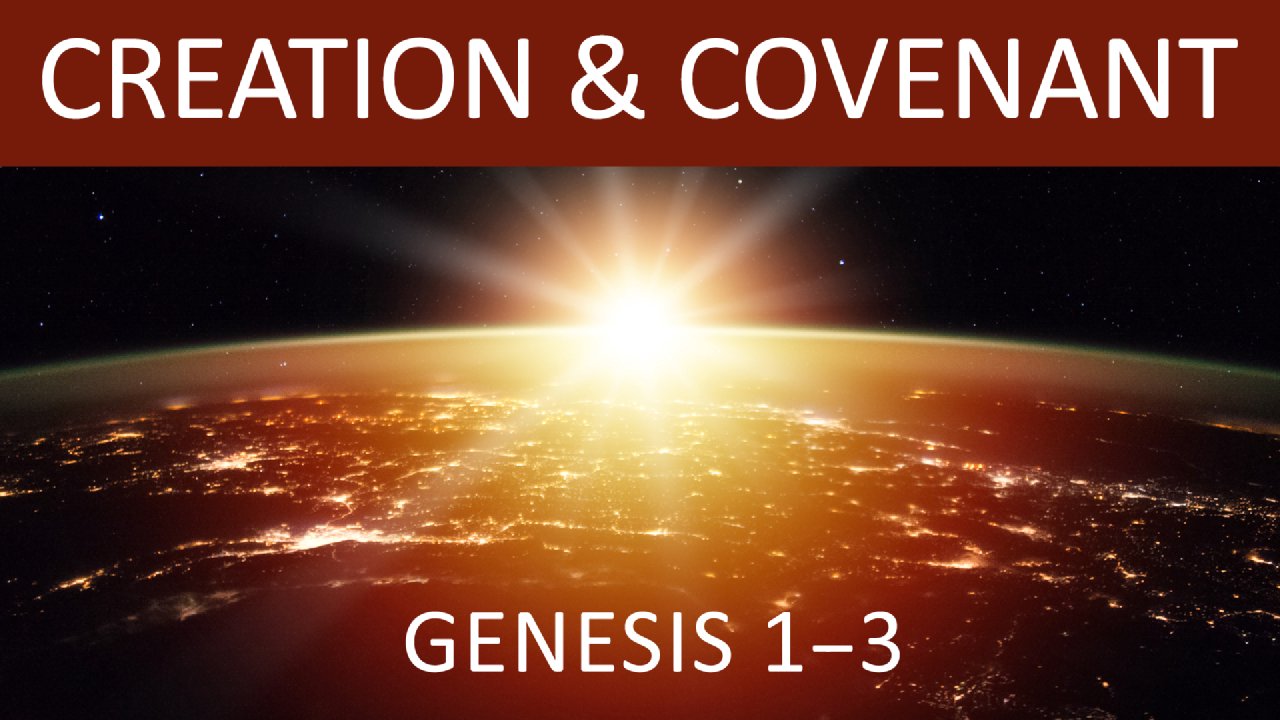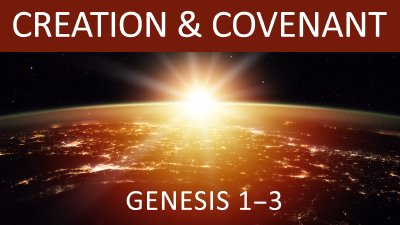For those who are wondering: I am not a flat-earther.
After last week’s sermon, one precocious church member asked if a three-story reading of Genesis 1 suggests a flat earth. In a word, my answer is “no.” (Although, I may say something about the relative flatness of the Dry Land in Gen. 1:10).
Understanding the world as God’s cosmic temple does not replace scientific inquiry or oppose a heliocentric view of the cosmos. Rather, it gives us a sacred understanding of this world and how our planet, which hangs on nothing in space and orbits the sun each year, is more than a natural product of chance. Earth, as we know it, is the place that God made for humanity to live, so that God can dwell with us. In that way, it is a cosmic temple (see Psalm 104).
By nature, we can observe, study, and make hypotheses about his creation. But before that, we must know something about why God made the world. The why is never found in nature alone and can only be found in God’s revelation. And that is why we let Scripture speak to us about creation.
This Sunday, we take one more step to see how God made the Land and the Sea, and how this third day creation will play a role in redemptive history. Indeed, the third day not only tells us something about creation. It also prepares for the new creation and the resurrection of Christ on the third day.
So to prepare for Sunday take time to read Genesis 1, as well as, 1 Corinthians 15. Together, these two texts will help us to see what God made in the beginning and how it prepares the way for the end (Isa. 46:10).
As the Lord allows, I look forward to seeing you Sunday and to marveling at the God who made plans for his new creation even from the beginning.
For His Glory and your joy in Christ,
Pastor David
----------------------------------------------------------------------------------------------------------------
Discussion & Response Questions: Genesis 1:9–13
1. What are the main features of Genesis 1:9–13?
2. How do the events of Day 3 compare to Days 1 and 2? What is the same? What is different?
3. How may the original creation be similar to / different from the world after the flood? How can we know?
4. What does the planting of grains and fruit trees without the sun mean for creation?
5. How does understanding the events of Day 3 compare to the rest of the Bible, especially redemptive history?
6. How do later parts of Scripture speak of the Third Day? How does Paul connect resurrection to the third day / new creation?
7. What do we learn about God and the Bible by reading Day 3 in light of the New Creation?
8. What else does Genesis 1:9–13 teach us about God’s creation and plan for salvation?






